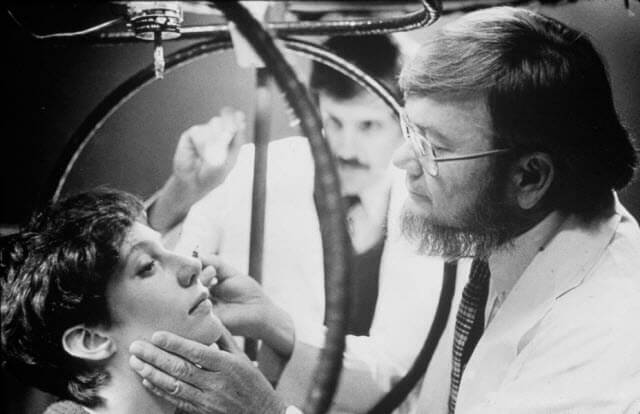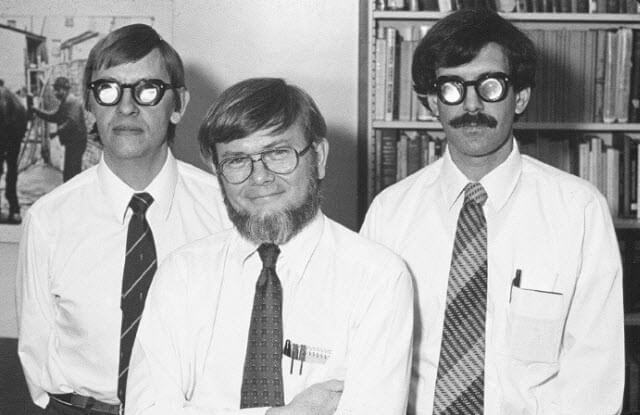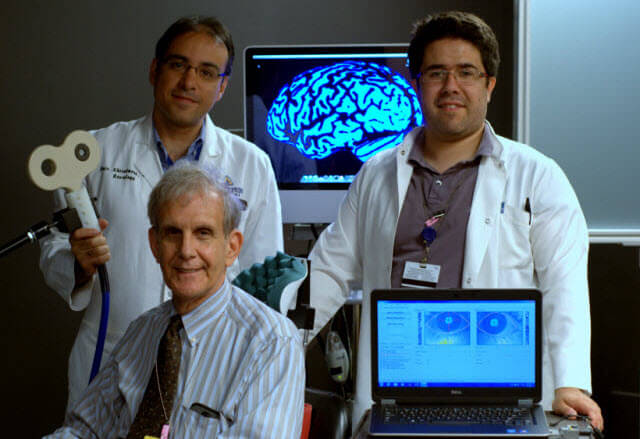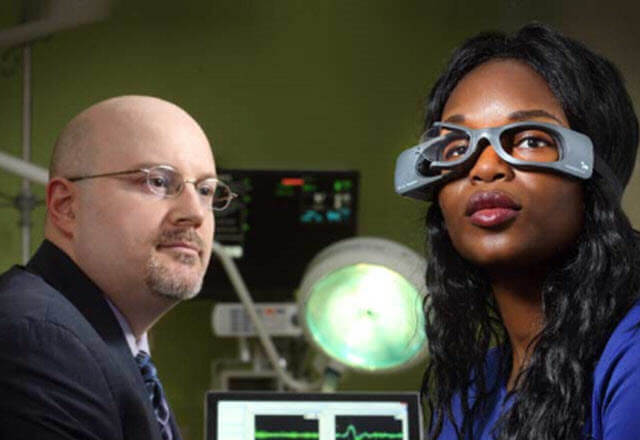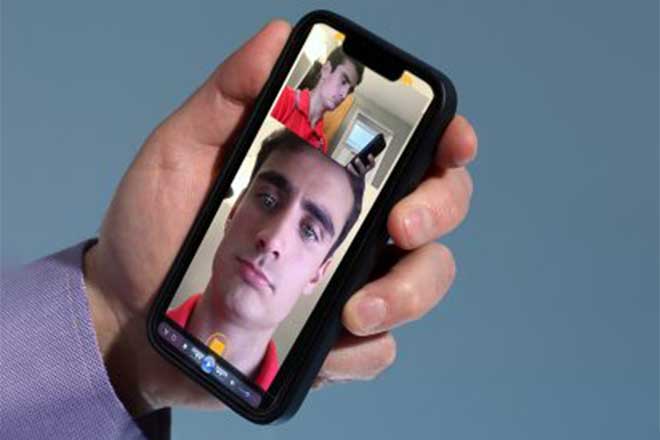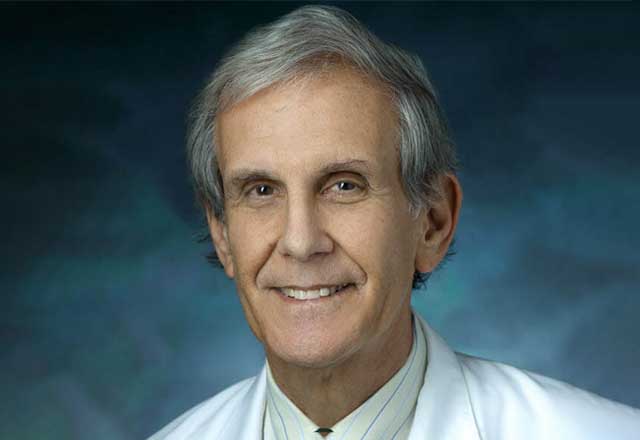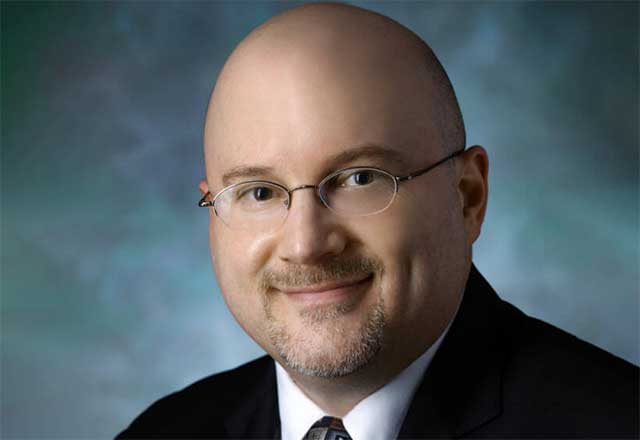The Neuro-Visual and Vestibular Disorders Center aims to improve the health of our community, the region and the world by setting the standard of excellence in clinical care, research and medical education related to the visual and vestibular systems. We seek to transform care for all patients with dizziness, vertigo and vestibular disorders, bringing modern technology to streamline diagnosis and treatment on these conditions.
What kind of doctor should I see?
-
General Neurologist
Most patients we consult come from general neurologists and other specialists who evaluate the symptoms and refer the patient to us when our expertise is needed.
-
Ophthalmologist
If your main symptom is vision loss, you should get evaluated by an ophthalmologist, who may refer you to our center.
-
Otolaryngologist/ENT
If your main symptoms are vertigo and imbalance, you should see an ENT doctor, who may refer you to our center.
-
Headache Specialist
If you have headaches or facial pain without other symptoms, you should see a headache specialist.
-
Hearing Specialist
If you have hearing loss without other symptoms, you should see a hearing specialist.
Vestibular Neuritis: Angela’s Story
Suddenly stricken with severe dizziness that left her unable to move with no known cause, Angela sought out help from the Johns Hopkins Vestibular Clinic. Learn how an accurate diagnosis and treatment got her back on her feet.
Our Goals
We envision a world where diagnosis of neuro-visual and vestibular disorders is accurate, timely, and efficient, where treatments are effective and affordable, where patient suffering is alleviated, and clear vision and steady balance are restored. We see a future marked by robust understanding of the neurobiological mechanisms underlying visual, vestibular and ocular motor functions.
-
- Caring for patients with visual and vestibular disorders with compassion and clinical excellence, delivering timely, accurate and evidence-based diagnoses and treatments to alleviate suffering
- Demonstrating excellence and leadership in methods to measure and analyze eye movements
- Eliminate frontline misdiagnosis of vestibular strokes/TIAs, vestibular neuritis and benign paroxysmal positional vertigo (BPPV) and simultaneously reduce wasteful use of advanced diagnostics (such as neuroimaging) and hospital admission for stroke
-
- Training future generations of specialists worldwide dedicated to vestibular and visual disorders
- Cultivating a collaborative, transdisciplinary, inclusive workplace environment that values team members for their unique expertise, perspective, commitment and contributions; respects their personal goals and needs; and seeks sustainability by creating a positive impact on work-life balance
-
- Advancing understanding of neural mechanisms underlying visual and vestibular function
- Developing and testing novel diagnostic tools, treatments and rehabilitative strategies
-
- Creating programs and systems that facilitate effective dissemination of local innovations
- Developing mechanisms that enhance community awareness and access to clinical care



